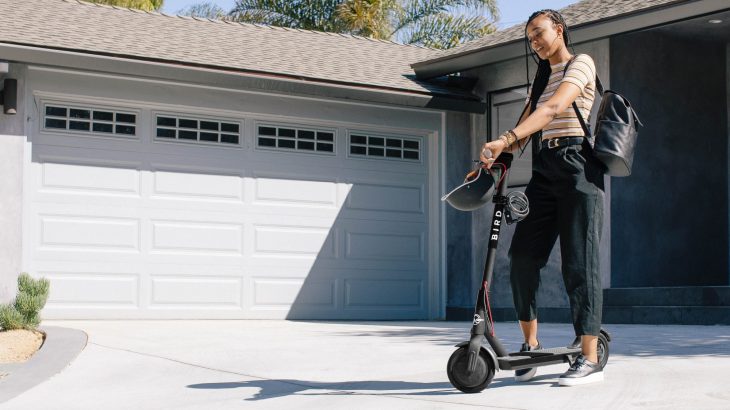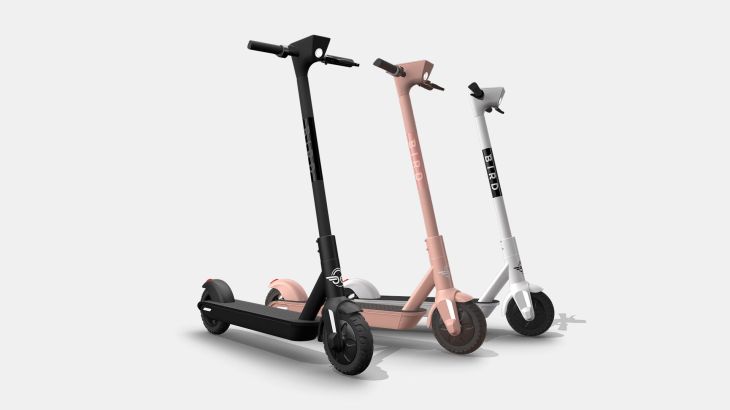Business
Bird’s business model switch
10 May, 2019
The last couple of weeks have been crucial for the Santa Monica based company Bird, one of the leaders of the booming e-scooter sharing industry. For months specialists are pointing at the loss-making business model Bird and its competitors have adopted. And Bird is the first to learn from it, totally mutating its own model.
From self-service to long-term rental…
First, it is not clear yet if Bird is planning to change its main activity, or only to diversify. So you will still be able to rent e-scooters through the app as you are used to.

But you’ll be also be allowed to rent scooters for a monthly fee: when subscribing through the app, Bird will deliver your e-scooter to a specific location, and you’ll be free to use it as you like for a month, before returning it at a drop-point. The experiment is live in San Francisco (a sneaky way to roll back there) for 22.39USD/month and Barcelona for 34.99€ (39.34USD!!). Bird did not communicate on the cost of its new Bird One model yet, but even using the Bird Zero or Xiaomi M365, we can bet that the e-scooter will have to last for more than a year for the solution to become profitable.
… and e-scooters retailer!
Most of you might already know: Bird launched this week a new e-scooter model together with a new sales method. So here is Bird One. With a 2-times bigger battery (12800mAh), an extended range of 30 miles, GPS and Bluetooth connection, it the last evolution of the in-house designed e-scooter. And Bird is willing to sell it directly to its customers: you can already pre-order it for the discount price of… 1299USD!! Not sure it will find its buyers at such a price.

Apart from the retail price, I am also sceptical about the choice of using the same model for all activities (free-floating, long term rental, and retail). A simple example: it is not a foldable model! For many e-scooter owners, this is a crucial point to park or store it at home or at the office. Personal and shared use are different, so should be the vehicles. While the focus should be on durability, maintenance for shared use, it should be on weight, comfort, accessories/services for personal use.
The end of a model?
For observers, Bird is raising the alarm about the non-sustainable free-floating business model. Free-floating models are mutating, dock-based solutions are developing (Neuron, WeTrott‘…): it is a good thing to test and validate e-scooter sharing business models and make it a sustainable transport option.